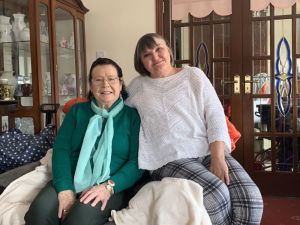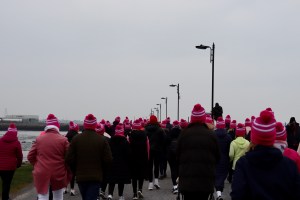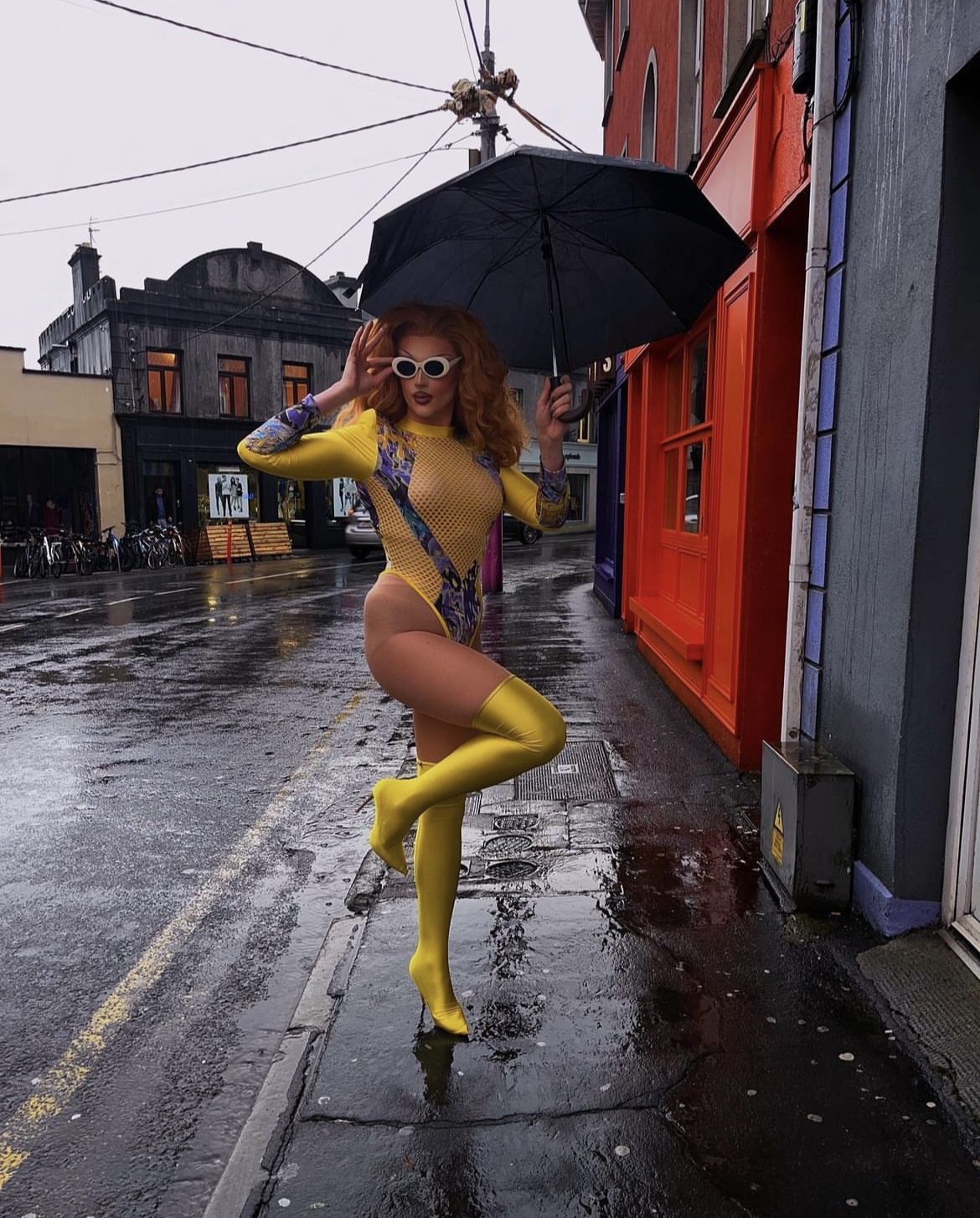The conversation around gender-based violence in Ireland has a language problem

photo: government of Ireland
Gillian McNamee is angry. She says the media is failing survivors of domestic violence.
“Think about what’s being published,” she said. “The conversation gets reduced. Domestic violence somehow becomes known as the experience of ‘battered wives’, but that takes out the perpetrator,” she said. “We need to talk about who is battering the wives.”
She says that despite best efforts, even the images that are used in articles and other content about domestic violence reinforce a harmful narrative.
“The photos you normally see are a woman in the corner, with a man’s fist overhead,” she said, continuing, “These images ignore how strong and resilient women are in the face of domestic violence.”
Ms McNamee works at COPE Galway and thinks that Irish publications are doing a disservice to domestic violence survivors and women in general. For her, given the scope of violence against women in the country, that’s a problem.
A prolific societal issue
Ms McNamee took over the Domestic Abuse Services program at COPE Galway in 2022, but has worked in the field of social services and criminology in Ireland for over 20 years. She sees domestic violence as a prolific societal issue – more so than people in Galway think.
One in four women experience domestic violence in Ireland according to COPE Galway’s latest report. “People think that can’t happen here, but it can and it does. It’s much more common than people like to admit,” said Ms McNamee.
COVID-19 exposed a serious societal problem according to CEO of Safe Ireland Mary McDermott. Between 2020 and 2021, domestic violence service providers reported a 43 per cent rise in emergency calls because of domestic violence.
“Once COVID broke out, it became very clear to everyone that it is not a matter of choice, but a large social problem,” said Ms McDermott. Ms McDermott explained that even as we enter a post-COVID era, violence against women has not reduced.
“There’s no reduction in the rates where women have died violently, no reduction of femicides for that matter,” she said. “Since 1996, 260 women have died violently. Twenty children have died during instances where women have died violently.”
Government shortcomings
An EU report published in November of last year found Ireland to be severely “lagging behind” in its attempts to address domestic violence. It cited “victim blaming attitudes” and the “trivialization of violence” as key obstacles.
The report was published by the Group of Experts on Action against Violence against Women and Domestic Violence (GREVIO), which visited Ireland in early 2023 to conduct research. It met with different agencies and organizations to analyse Ireland’s compliance with the Istanbul Convention on Gender-based Violence.
One of the most major shortcomings it found was the lack of a co-ordinated, multi-agency response mechanisms for most forms of violence against women.
Domestic violence advocates, like Ms McDermott agreed. “There seemed to be no coherent moves on addressing these issues,” she said. “There needed to be an integrated structure that was seen at a very high level of government.”
Establishing Cuan
Organizations like Safe Ireland and COPE Galway advocated strongly for an ‘all-government’ response to domestic violence, working directly with Minister for Justice Helen McEntee. The result was Cuan, a statutory agency dedicated to tackling and reducing domestic, sexual and gender-based violence (DSGBV).
“We worked to get this in place and we’re very happy to have this structure,” said Ms McDermott.
Now in place, Cuan will work on coordinating and reporting on the delivery of a government response to domestic violence, working as the official arm to carry out the current National Strategy.
It will support research and policy development as well as oversee the delivery of services to victims of domestic violence. This includes taking the lead on doubling the amount of emergency accommodation available to at-risk families across Ireland.
“I am confident that Cuan will be the driving force we need to ensure we deliver the initiatives and changes which will get us to a place of zero tolerance across society for all forms of domestic, sexual and gender based violence,” said Minister McEntee.
Minister McEntee appointed Dr Stephanie O’Keefe as CEO of Cuan. Prior to assuming this role, Dr O’Keefe held senior positions at the HSE, like national director of operations planning and national director of health and wellbeing.
“I am delighted that someone of the calibre and experience of Dr Stephanie O’Keeffe, will now take on the task of running the agency,” said Minister McEntee at the formal opening of Cuan on February 23 in Dublin.
Concerns going forward
Advocacy groups are cautiously optimistic about the new agency according to Ms McDermott.
“Our main concerns going forward will be that the agency will be given all the support that it needs,” she said, continuing, “and that the implementation plan won’t be all dumped on the agency, but that the corresponding departments will keep their portfolios to respond to domestic violence within their own departments”.
“Any interdepartamental approach is important. We were happy that the agency was set up, but there’s still a lot more work to do,” said Ms McNamee.
But for both Ms McNamee and Ms McDermott, truly addressing domestic violence means stopping it at its source.
Putting men back into the conversation
“Men are the perpetrators by and large and we need to be saying that out loud,” said Ms McDermott.
“If you want to talk about domestic violence, you have to use the categories of sex and gender,” she added. “Violence against women is a societal problem, it’s a patriarchy problem. That’s how we should be having this conversation.”
Ms McNamee agrees, adding that the way the media portrays the issue reinforces harmful narratives by removing the abuser from the conversation.
“I’ll give you an example, you read a story in the paper and it will say Mary is an abused woman,” she said. “When you look at stats, it’s always that 132 women are victims of abuse, but 132 men abused women. We never frame it like that.”
Safe Ireland works on awareness campaigns and on education programmes, talking specifically with young men and boys about how harmful gender stereotypes can lead to violence against women. COPE Galway has expanded its outreach program, trying to intervene early to prevent gender-based violence.
But Ms McNamee thinks more can be done, specifically by men. “Men need to step up and have that conversation,” she said. “Men in leadership and areas of influence need to be speaking out and stepping up.”
For Ms McNamee, this starts with men challenging derogatory language they hear and calling out their peers. She says that violence against women starts with a remark.
“There are a lot of good men out there and they need to be a part of this.”






